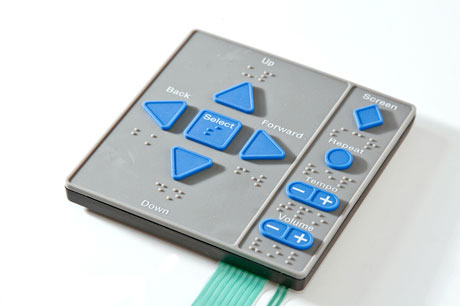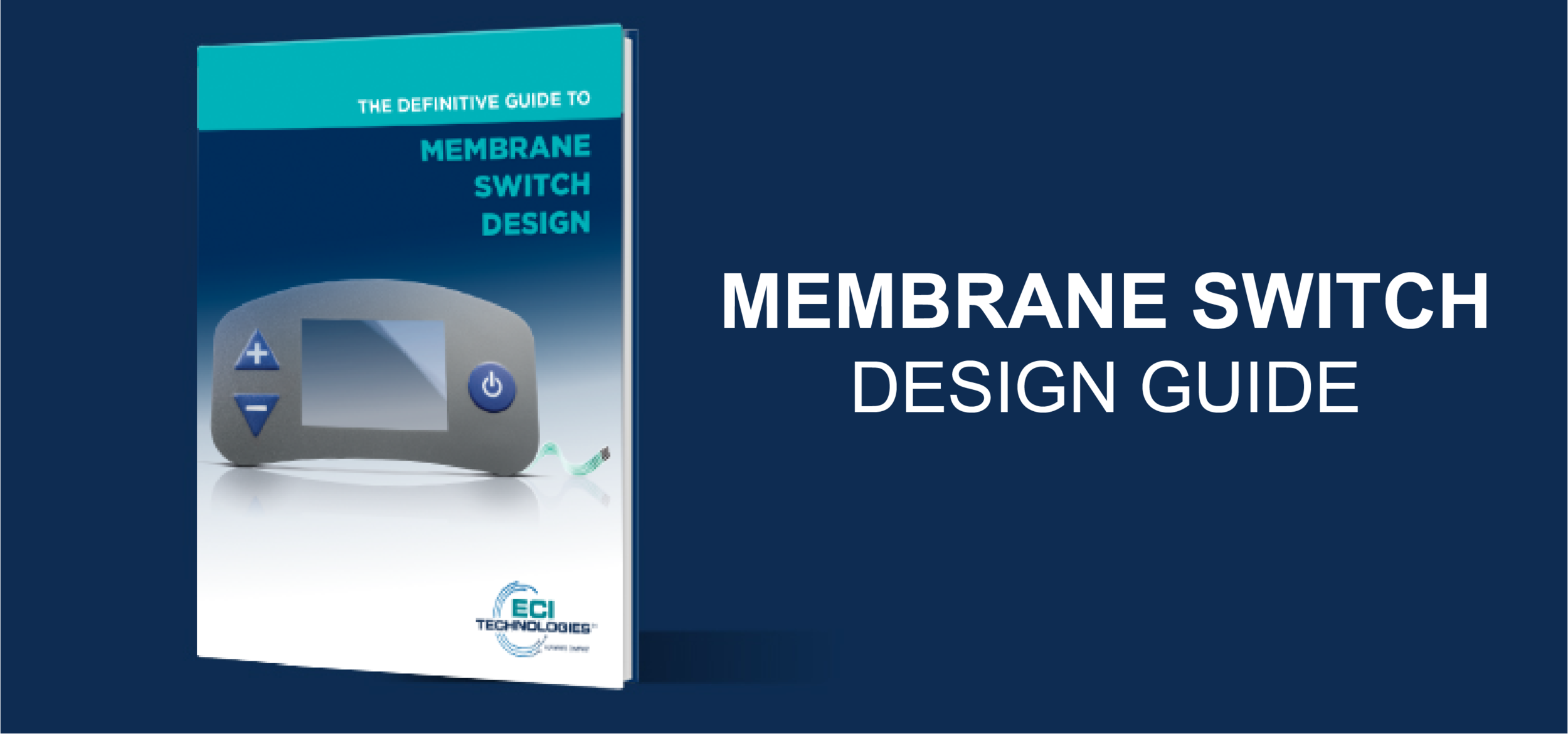Comprehending the Significance of Membrane Switches in Individual Interfaces
Membrane buttons are integral components in the style of reliable interface, promoting not only performance but likewise enhancing aesthetic charm and individual communication. Their distinct features, such as resistance to adjustable styles and ecological elements, make them ideal for a varied variety of applications throughout multiple markets. As we discover the numerous advantages and future patterns linked with Membrane modern technology, it ends up being clear that these switches are greater than just parts; they stand for a merging of advancement and practicality. The ramifications of this innovation on customer experience deserve examining further.
What Are Membrane Buttons?

The spacer layer, which consists of glue residential or commercial properties, allows for the splitting up of the circuit layer from the overlay, making sure that the switch remains in a non-activated state until pushed. When pressure is applied to the overlay, it compresses the spacer layer, linking the gap and finishing the circuit in the underlying layer. This design not just minimizes the physical area needed for standard mechanical switches however additionally boosts the longevity of the device, as Membrane switches are typically immune to dirt, wetness, and various other environmental aspects.
Generally discovered in applications varying from customer electronic devices to clinical devices, Membrane buttons are important to contemporary technology, providing a user-friendly and reliable interface that aligns with contemporary design needs.
Benefits of Membrane Switches
While countless switch technologies exist, Membrane Switches offer unique advantages that make them particularly desirable in different applications. One of the main advantages of Membrane switches is their small style, which enables space-saving executions in gadgets where genuine estate is restricted. Their thin profile not only improves aesthetic appeal however also promotes lightweight building and construction.
Another substantial benefit is their resistance to ecological variables. Membrane switches are normally sealed versus dampness, dirt, and pollutants, making them excellent for use sought after environments, such as medical gadgets and commercial tools. This sturdiness expands the life expectancy of the button, reducing upkeep costs and enhancing integrity.
Furthermore, Membrane switches can be personalized to satisfy particular layout demands, incorporating special graphics and shades that enhance customer communication. Their responsive feedback choices can also be customized to supply a rewarding customer experience. Additionally, Membrane buttons are cost-effective, specifically in high-volume applications, as they can be produced successfully.
Applications in Various Industries
In the customer electronics industry, Membrane switches are common in devices such as microwaves, cleaning equipments, and remotes. Their responsive responses and aesthetic options enhance customer experience while supplying a streamlined, contemporary appearance. Furthermore, automotive producers make use of Membrane switches in control panel controls and infomercial systems, where area is restricted, and user engagement is vital.
Moreover, the industrial market leverages Membrane buttons in control panels see this page for machinery and equipment, allowing for instinctive procedure in commonly rough settings. Their resistance to chemicals and wetness ensures longevity and dependability in these applications. Generally, the adaptability of Membrane Switches adds considerably to their extensive usage, making them essential in various technological domains.
Design Factors To Consider for Membrane Buttons

When designing Membrane buttons, a number of key considerations need to be considered to make sure optimal capability and user experience. The option of materials is vital; picking durable, high-grade substratums can enhance the switch's longevity and resistance to environmental elements such as dampness and temperature changes.
Secondly, the layout of the visuals overlay ought to focus on clearness and ease of use. Icons and message need to be readable, and the format must facilitate instinctive communication (membrane switches). In addition, responsive feedback is crucial; incorporating a responsive dome or various other devices can boost the individual experience by supplying physical confirmation of activation
Another important factor is the button's electric performance. Designers have to guarantee that the conductive traces are correctly developed to lessen resistance and prevent signal disturbance. This involves examining the called for actuation pressure and guaranteeing compatibility with the electronic parts they will certainly interface with.

Future Trends in Membrane Technology
As modern technology continues to advance, Membrane buttons are positioned to advance considerably, driven by developments in products and making techniques. One emerging fad is the unification of advanced materials, such as flexible substrates and conductive inks, which improve durability and lower the general weight of Membrane buttons. These materials not just boost the tactile reaction yet likewise allow for the design of buttons that can withstand Clicking Here harsher environmental problems.
Furthermore, the assimilation of touch-sensitive innovations is changing conventional Membrane Switches right into even more interactive user interfaces. Capacitive touch sensors installed within Membrane button panels can offer a more user-friendly and receptive individual experience, lining up with the growing demand for smooth, modern styles in find out here now customer electronics.
In addition, developments in printing techniques, such as electronic and 3D printing, enable rapid prototyping and personalization of Membrane switches. This versatility permits producers to respond faster to market needs and customer choices.
Last but not least, sustainability is becoming a significant emphasis, with suppliers exploring environment-friendly products and procedures. As these trends unravel, the future of Membrane modern technology guarantees enhanced capability, visual charm, and ecological responsibility, strengthening their role in advanced interface throughout numerous industries.
Verdict
In final thought, Membrane Switches represent an essential component in the style of individual interfaces, combining performance with visual flexibility. As developments in modern technology proceed, the advancement of Membrane switches is anticipated to further fine-tune customer interfaces, driving advancement and enhancing use in an increasingly intricate technological landscape.
Membrane switches are integral elements in the design of effective customer interfaces, helping with not just performance but likewise improving aesthetic allure and user interaction.Membrane Switches serve as an essential part in various individual interfaces, promoting a seamless communication between users and electronic tools.While countless switch technologies exist, Membrane Switches offer distinctive advantages that make them particularly desirable in various applications.Additionally, Membrane buttons can be customized to fulfill certain style needs, integrating distinct graphics and shades that boost user interaction.In conclusion, Membrane Switches represent an essential part in the style of individual interfaces, incorporating functionality with visual versatility.